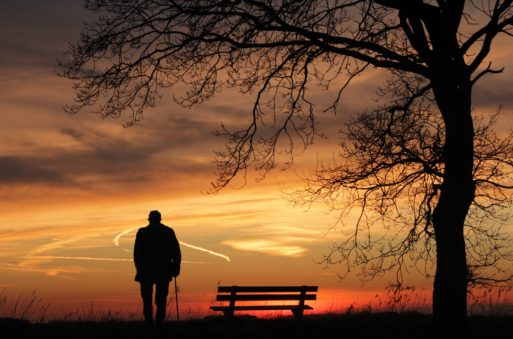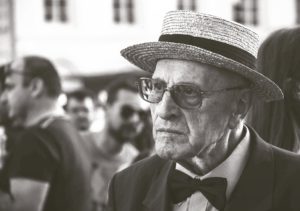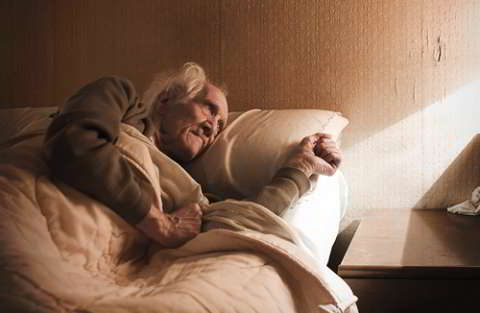
The older we get, the more likely we are to find ourselves living alone. According to a 2014 U.S. Census Bureau report, 11 million, or 28 percent of people aged 65 and older, lived alone at the time of the census. The AARP reports that an increasing number of older adults do not have children. That leaves fewer family members to provide companionship and care as they age.
Though living alone does not necessarily lead to loneliness, adults aged 52 and older who are isolated and lonely already have a higher risk of mortality than those who are not alone. A more recent study now says that the aging LGBTQ population has an even greater risk of isolation becoming a factor in shortening their lifespan than their heterosexual peers.
Decade-Long Ongoing Research
Just over 20 years ago, Karen Fredriksen-Goldsen, a professor at the University of Washington, started the first national longitudinal study of aging members in the LGBTQ community. Since then she has surveyed 2,450 LGBTQ people between the ages of 50 and 102 on an every-other-year basis. Through the years, her data has shown that more than 55 percent of LGBTQ elders live alone. Sixty-four percent have experienced discrimination or been victimized at least three times in their lives by verbal insults, threats of physical assault, hassles by police and/or physical violence. More than 25 percent reported being threatened at work.
Another of Fredrik-Goldsen’s findings is that more than one-third of respondents were single and isolating themselves to the degree that their lifespans could be at risk. “Social isolation is a public health issue,” says Fredriksen-Goldsen, not just an LGBTQ concern. Past research indicates that social isolation puts people at a greater risk of heart disease, dementia and memory loss, and premature mortality. (Goldsen compares the ill effects of loneliness to smoking 15 cigarettes a day.)
“Social isolation is a public health issue,” says Fredriksen-Goldsen, not just an LGBTQ concern. Past research indicates that social isolation puts people at a greater risk of heart disease, dementia and memory loss, and premature mortality. (Goldsen compares the ill effects of loneliness to smoking 15 cigarettes a day.)
While Fredrik-Goldsen’s results also demonstrate that older, married LGBTQ adults were happier and healthier than their single peers, the societal stigmas of the past have taken their toll on the health of LGBTQ baby boomers who have remained single. They likely grew up in less tolerant households, and until recently they could not get married. They may have been discouraged from parenting and couldn’t always speak freely about their relationships. Perhaps, in their later years, they have had to move to a retirement or assisted-living community. Fredrik-Goldsen explains that, rather than expose who they are, some slip back into the closet and close the door behind them.
As Fredrik-Goldsen continues to document LGBTQ experiences, she is also using the findings to remedy risk factors that impede the quality and duration of LGBTQ lives. To that end, she has founded a non-profit LGBTQ senior center on Capitol Hill, called the GenPride Center, that provides community and activities for older LGBTQ people. The center seeks to develop nutrition, recreation, and socialization programs as well as partner with senior centers throughout the area. They also want to include UW students, young people and professionals in the effort.
“I want to help build an elder-friendly Seattle,” Fredriksen Goldsen told The Seattle Times less than two months ago. “It’s not just LGBTQ, it’s all elders. We have to think about cross-generational interventions and solutions, and demonstrate that elders are an important resource.”

 Loneliness May Be Shortening the Lives of LGBTQs
Loneliness May Be Shortening the Lives of LGBTQs



 “Help Me, Helen”
“Help Me, Helen”

 “As Tears Go By” by Marianne Faithfull
“As Tears Go By” by Marianne Faithfull














